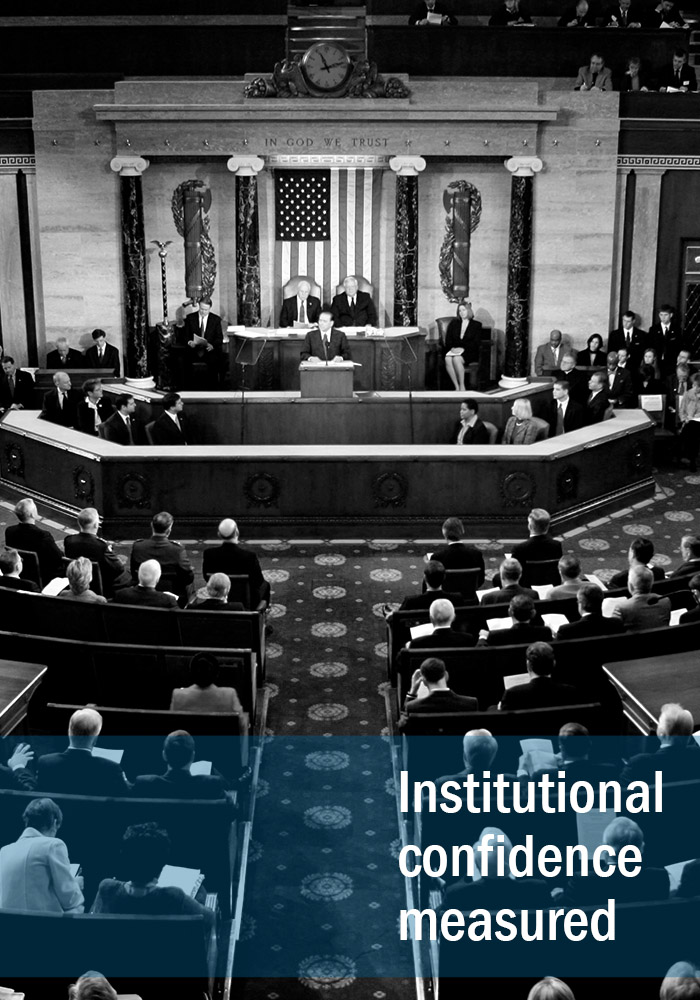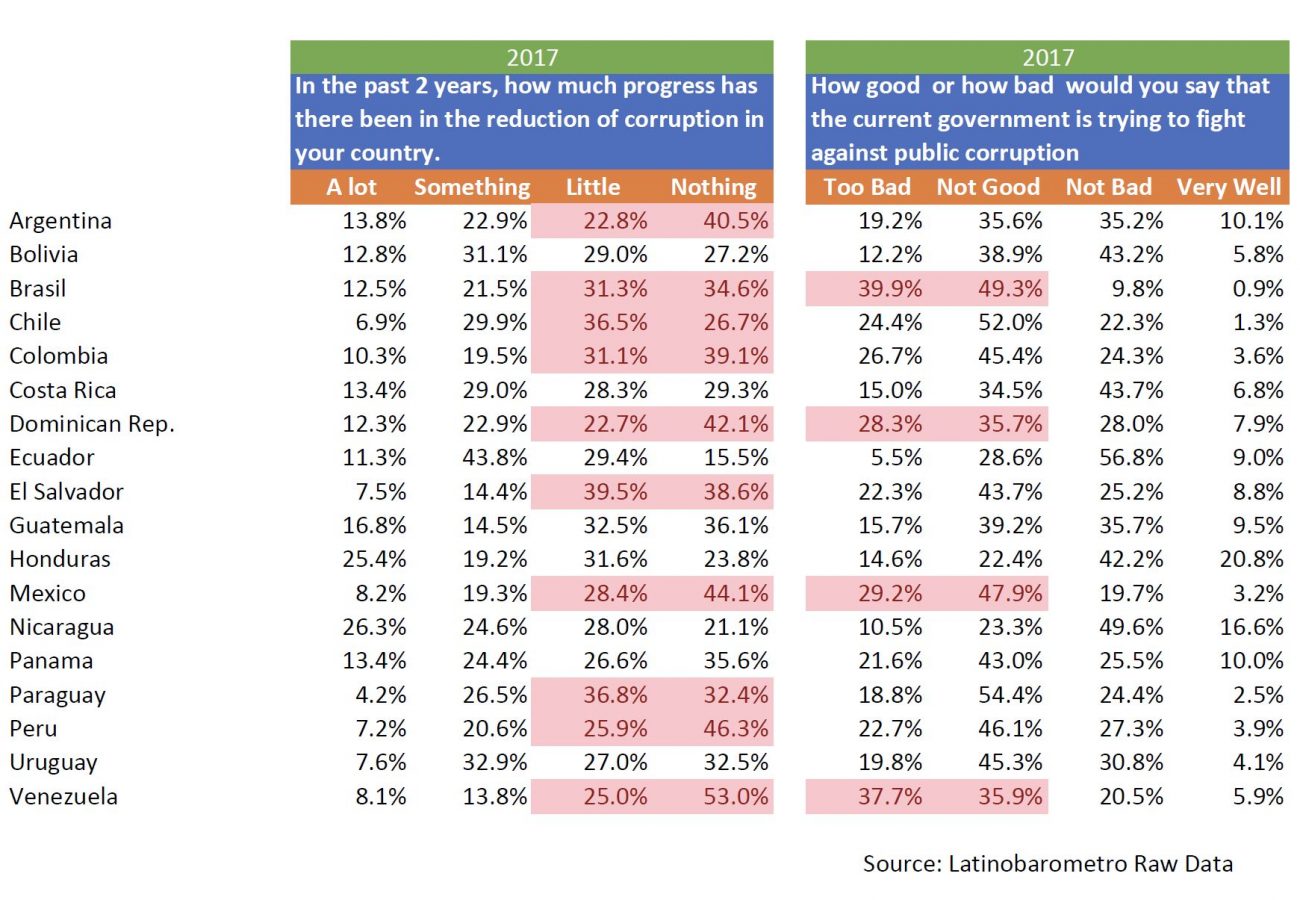The Future of Modern Democracies Lies in their institutions.
The impact of institutions on public policy, governments and societies is a fundamental element in our research on the American continent. The rapidly changing contexts have produced major uncertainties in regard to the effectiveness of institutional performance considering numerous legitimacy crisis in regard to both electoral systems and types of regimes across the region. In this sense, Institutional engineering has been creating for evaluating a country by measuring the risks for democratic stability and providing the necessary structural adjustments to prevent democratic collapse.
Consistently, an effective public policy formulation should pave the way for the development and stability in countries such as Colombia, El Salvador, Argentina or Mexico, but many of the intervenient variables of such processes had found difficulties to thrive among the diametrically opposed ideological offers, making policy structuring extremely unstable in terms of political consensus. Governments, on the other hand, have been challenged by the people in accordance with the nature of presidential systems whose representatives give the impression of concentrating administrative responsibilities to the detriment of decentralized decision-making processes. Finally, social cohesion, which may have a direct impact on individual quality of life, has been negatively affected by a focalized political crisis, making difficult both cooperation and civic participation which happens to be the raw material of stable democracies.
Correspondingly, the American Foundation for Democratic Stability bases its work on four fundamental pillars; Institutional evaluation and assistance, sociopolitical research, assessments and monitoring of election systems, and civil society development through awareness campaigns and multilateral cooperation. In addition, AFDES leads the effort in the fight against corruption and populism through institutional strengthening and international cooperation.



Corruption prevention and punishment address two distinct but complementary process. Monitoring and periodic accountability. Corruption capacity for reproduction is tremendously prejudicial for democratic development. In Latin America, the increase in poverty levels within a context with high economic growth rates rises many unanswered questions that may relate to uncontrolled corruption and poor institutional operating mode. While institutional control is imperative to keep corruption from growing, resources such as civic education, capacitation for public servants, and adequate response conform AFDES project set.

Zero tolerance against corruption
Corruption prevention and punishment addresses to two distinct but complementary process. Monitoring and periodic accountability. Corruption capacity for reproduction is tremendously prejudicial for democratic development. In Latin America, the increasing in poverty levels within a context with high economic growth rates rises many unanswered questions that may relate to uncontrolled corruption and poor institutional operating mode. While institutional control is imperative to keep corruption from growing, resources such as civic education, capacitation for public servants, and adequate response conform AFDES project set.




